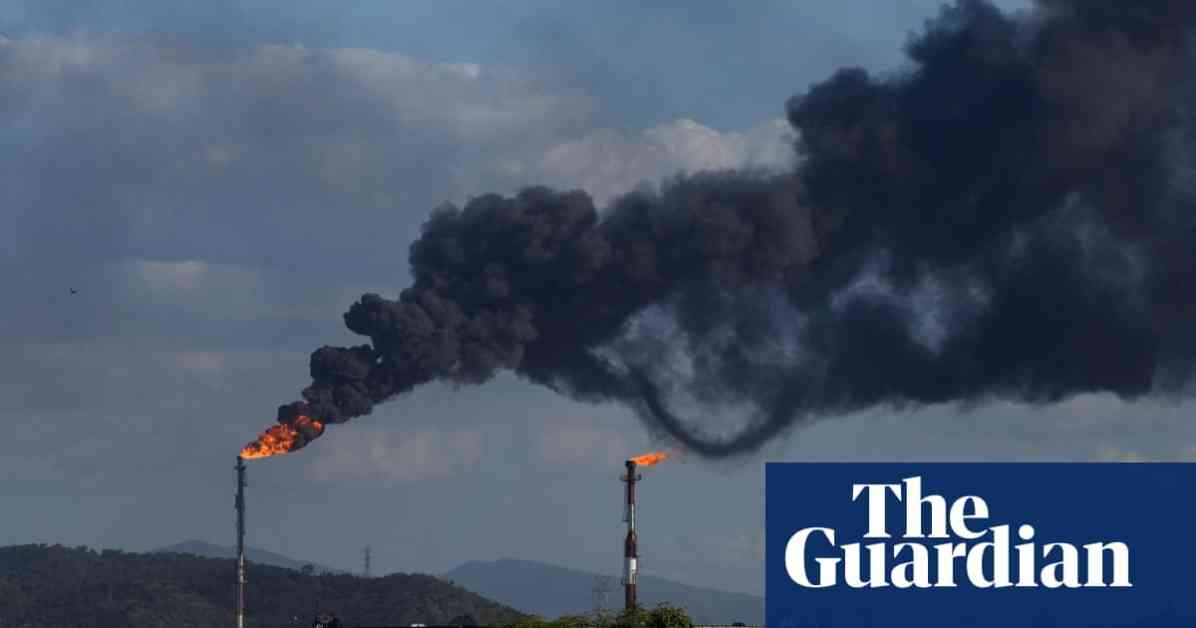The harmful effects of excessive subsidies totaling $650 billion (£494 billion) a year to fossil fuel companies, intensive agriculture, and other industries in the developing world have been highlighted in a recent report by the charity ActionAid. These subsidies not only entrench high greenhouse gas emissions but also fuel the destruction of the natural world, exacerbating the climate crisis.
Developed countries are also contributing to this issue by actively subsidizing harmful activities. For instance, the UK alone devotes about $7.3 billion a year to effective subsidies for fossil fuels. The sheer magnitude of these subsidies is staggering and raises questions about their impact on the environment and society as a whole.
The report reveals that the sums involved in subsidizing harmful industries in the developing world could be better utilized to address pressing global issues. For example, the funds could be used to provide education for all children in sub-Saharan Africa three and a half times over each year. This stark contrast underscores the need for a reevaluation of how public funds are allocated to ensure they are used in a sustainable and equitable manner.
One of the key findings of the report is the disparity between the amount of subsidies allocated to fossil fuel industries compared to renewable energy projects in the developing world. The analysis shows that renewable energy projects receive 40 times less funding than the fossil fuel sector, highlighting a missed opportunity to transition to a clean and low-carbon economy.
Subsidies for dirty industries and intensive agriculture have long been recognized as obstacles to transitioning to a low-carbon economy. Leading institutions such as the International Energy Agency, the International Monetary Fund, and the World Trade Organization have called for a reduction in these subsidies to mitigate the impacts of climate change. However, the political importance and powerful lobbies associated with these industries continue to influence the allocation of public funds.
The report also sheds light on the role of corporate capture in perpetuating harmful subsidies. Arthur Larok, the secretary general of ActionAid International, describes the behavior of wealthy corporations as “parasitic,” draining public funds and exacerbating the climate crisis in the global south. He emphasizes the need for genuine commitments from governments in rich countries to address the climate crisis and end the cycle of destructive subsidies.
Developing countries are not bound to adopt high-carbon and intensive agricultural practices that contribute to environmental degradation. The report suggests that developing countries can swiftly transition to a low-carbon model that promotes sustainable growth and prosperity. By reallocating public finance towards low-carbon efforts and implementing stricter regulations on the banking sector, countries can prioritize human rights, social considerations, and environmental sustainability in their financial decisions.
In conclusion, the report by ActionAid highlights the urgent need to reevaluate subsidies that harm the environment and exacerbate the climate crisis. By redirecting public funds towards sustainable initiatives and holding corporations and governments accountable for their actions, we can work towards a more equitable and environmentally conscious future.












